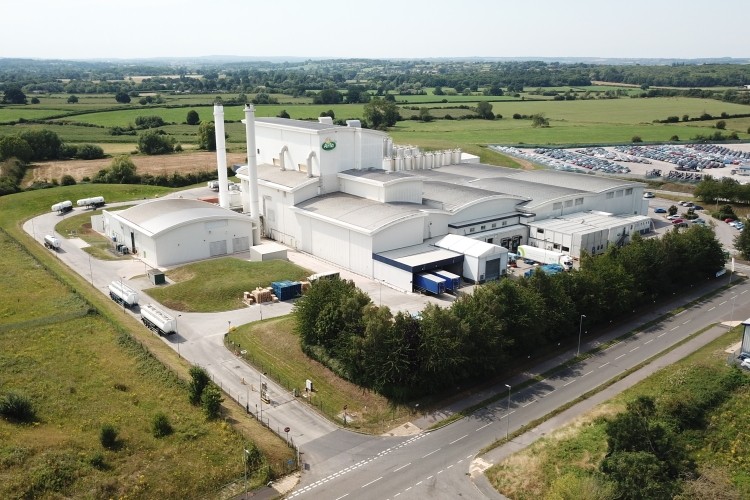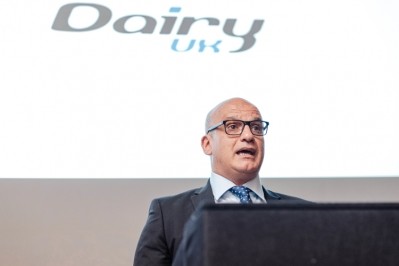Arla eyes efficiency improvements as it partners with Grundfos

The review, which is expected to be completed by the end of 2022 or early 2023 latest, is set to bring energy reductions of around 10GWh across Arla’s 60 dairy processing sites. The initiative is part of the co-op’s sustainability roadmap and will contribute to reaching a 63% reduction in scope one and two emissions by 2030.
Grundfos has so far assessed two thirds of the sites, with improvements set to commence this year. Each site will be responsible for carrying out the required improvements, we were told, with Arla’s global sustainability team deciding what work should be prioritized.
“Although our primary objective is to reduce CO2 in our supply chain emissions, water usage reduction is also an important part of our sustainability strategy,” an Arla spokesperson told us. “This resource is already scarce in some geographies where we operate or is likely to become scarce in the future. For this reason, all our sites are monitoring their water usage and continuously are focusing on optimizing and reducing it.”
Targeted for replacement are pumping systems, which can be replace with more efficient ones. The main areas for improvement as identified by Grundfos so far have been cooling equipment as well as chilled and ice-water and on water intake and water distribution systems. Other areas where savings could be made involved heating and boiler feed equipment.
The cost of the improvement work varies site to site, with typical ROI of around two to three years.
“First of all the key benefit is minimizing electricity consumption,” Arla’s spokesperson explained. “Secondly, better control of pressure and flow that can have a positive impact on some of our processes as well as possibly reducing noise levels. The modern pumps also have more available interfaces and it can be easier to get data if we need it.”
Arla’s Westbury processing site has been one of the first to benefit from the improvements, with Grundfos installing intelligent pumps that have achieved nearly 500MWh savings and reduced CO2 emissions by 194 tons. The site processes 45,000 tons of skimmed milk powder and up to 80,000 tons of butter.






